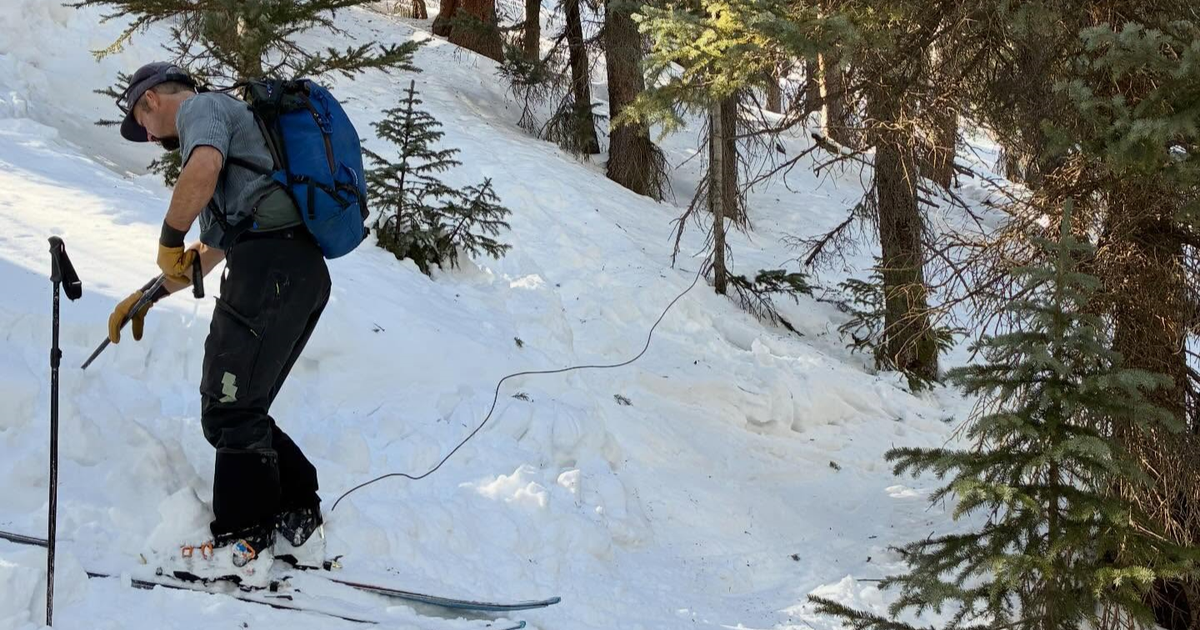Texas Schools To Share Threat Intelligence To Combat Cyberattacks
DALLAS (CBSDFW.COM) - A new statewide alert system could warn Texas schools of potential cyberattacks.
This week, the Texas Education Agency launched a system so schools can share threat intelligence.
The TEA will collect and share reports of cyberattacks from school districts anonymously with participating schools.
Cybersecurity expert Ben Singleton said sharing information about attacks is a key to preventing them.
"If you don't disclose that information, we don't know about the attacks and we in the cybersecurity industry rely on these attacks to discover how they're breaking into these networks," said Singleton, co-founder of the Arlington cybersecurity firm netGenius.
State Senator Angela Paxton (R–McKinney), who authored the bill that created the new alert system, said Texas school districts have become low-hanging fruit in recent years for hackers.
She said the new alert system should provide warnings so multiple districts don't fall victim to the same cyberattack.
"It allows schools to see what's happening everywhere, all over the place," she said. "They can get this information back to the districts so they can be up to date on what to watch for."
These attacks often use social engineering to get an employee to inadvertently launch malicious software that locks up computers until a demanded payment is made.
When Port Neches-Grove ISD was hit with a ransomware attack in 2019, the district paid the attacker $35,000 in bitcoin.
Sheldon ISD in the Houston area paid more than $207,000 in ransom after an attack last year.
This summer, Judson ISD officials said they had no choice but to pay more $547,000 in ransom or risk having sensitive information published.
Singleton said cybercriminals like to target school computer systems because they house thousands of valuable child identities.
On the dark web, a child's identity is often worth more than an adult's.
Cybercriminals can use a child's Social Security number to create a whole new identity and it often goes undetected for years.







